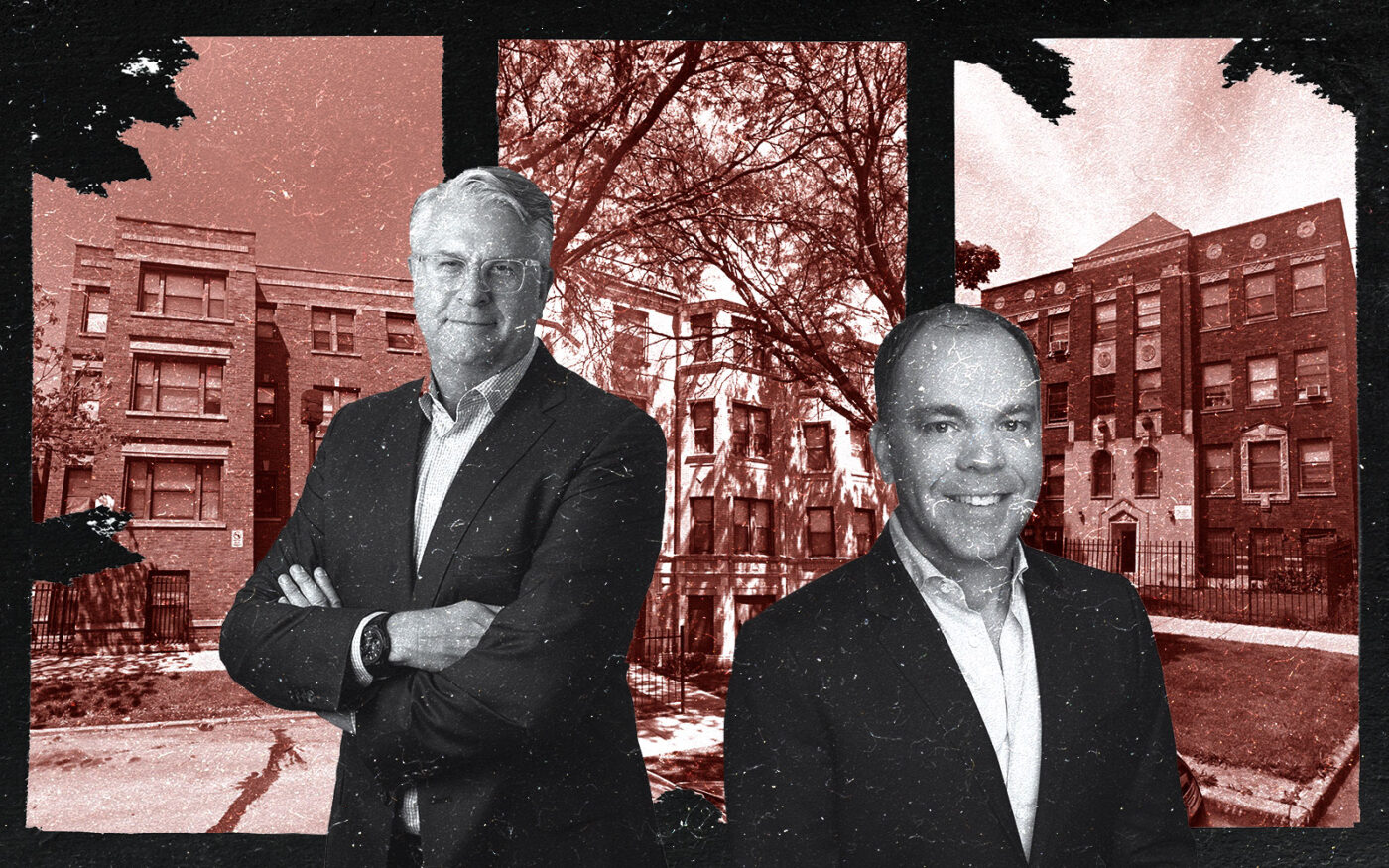A nasty fight is brewing between a Chicago affordable housing investor who owns a portfolio of far West Side buildings and its prominent property manager, RPM Living.
The landlord of the four-property, 375-unit portfolio is Atlanta-based Infinity Real Estate Advisors, which alleges that Austin, Texas-based RPM’s “mismanagement” of the buildings led to “catastrophic losses” totaling nearly $20 million.
Infinity, led by CEO Gregory B. Jones, claims that RPM failed to certify the eligibility of many of the tenants of the properties for federal housing assistance programs, and their ensuing inability to pay their full rents torpedoed property values right as the landlord was seeking to refinance. The purported missteps by the property manager have prevented the landlord from obtaining a new loan and jeopardized its investments into the properties, Infinity claims.
But RPM is preparing to respond with allegations of its own against Infinity. RPM — which ranked as the National Multifamily Housing Council’s third-largest apartment manager with more than 224,000 units last year — said it is the party that’s actually owed money by the landlord, and not the other way around.
“We are vigorously defending against these allegations and will be filing counterclaims against the plaintiffs to recover significant damages owed to us,” a spokesperson for RPM said. “Since this involves pending litigation, it is our policy not to comment further at this time.”
Infinity, Jones and a lawyer for his company didn’t return requests for comment.
The properties involved in the dispute are the 158-unit Lavergne Courts at 4938 West Quincy Street; the 101-unit Washington Court at 5424 West Washington Boulevard; the Whitmore Apartments at 421 South Central Avenue; and the 62-unit Parkside Terrace at 128 North Parkside Avenue.
Infinity purchased the properties for nearly $31 million last year from Mercy Housing.
At the Washington Courts property, which accounted for a total of $10.5 million of the purchase price, Infinity said that RPM’s “poor oversight” and “file maintenance” left resident information in such “disarray” that they weren’t properly certified for the Department of Housing and Urban Development’s programs. The landlord said that 42 residents were terminated from the HUD system and Infinity is no longer receiving a HUD subsidy for them, causing shortfalls in revenue from the property.
“Some or all of this subsidy will not be recovered,” Infinity said.
Similar allegations were made in the four separate lawsuits that Infinity affiliates filed in Cook County court against RPM over the other properties in the Chicago portfolio.
The Washington Courts case also described RPM’s use of overpriced vendors at the buildings, alleging the property manager expended “unconscionable amounts above standard costs.”
Infinity claims that it has been damaged by $12.4 million at the Washington Courts property; $6.5 million at the Lavergne Courts property; $500,000 at the Parkside Terrace property; and $300,000 at the Whitmore property.
Read more


